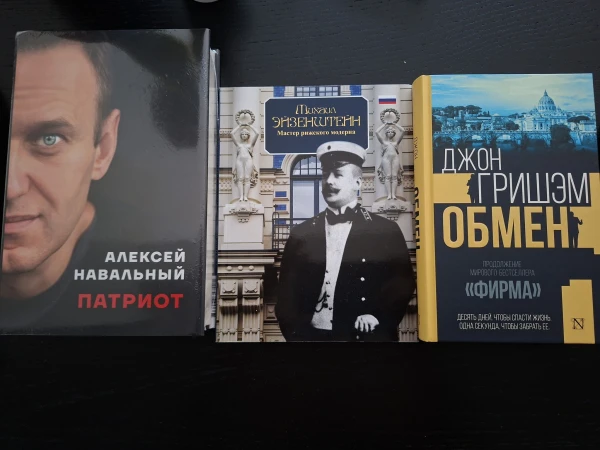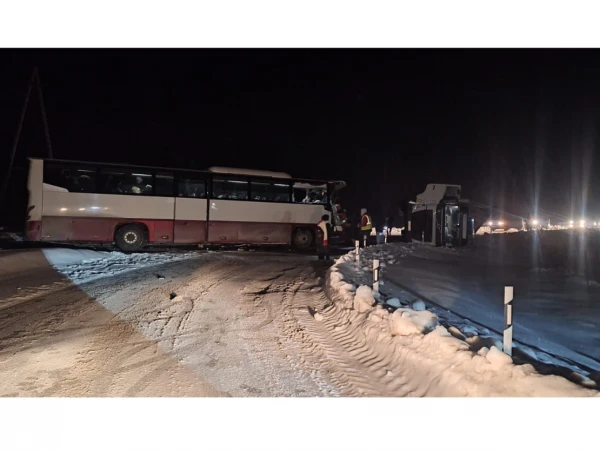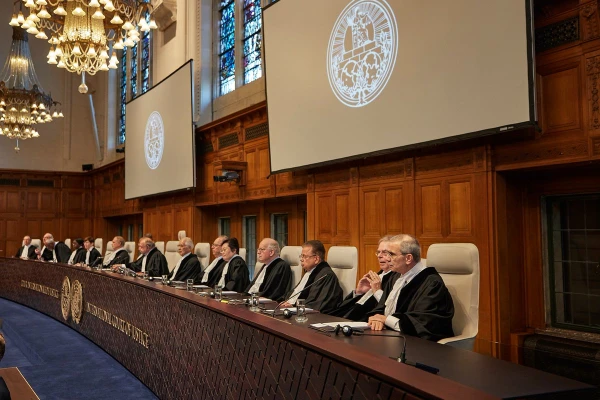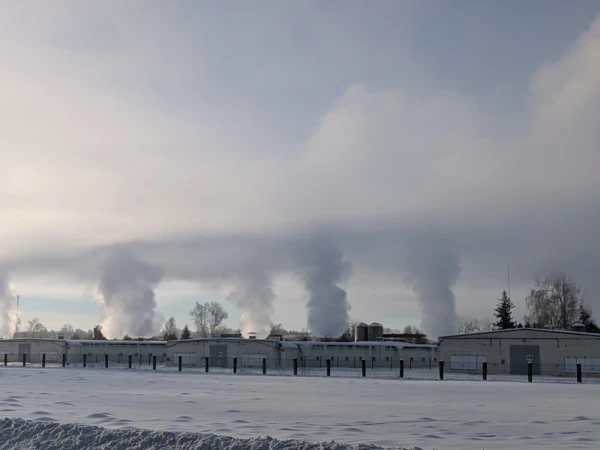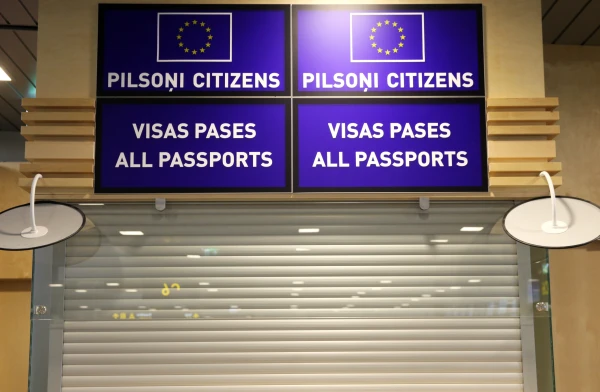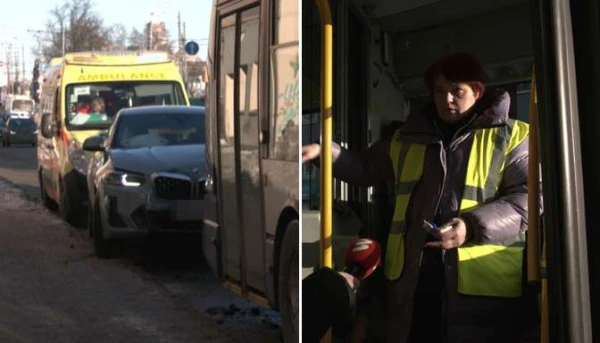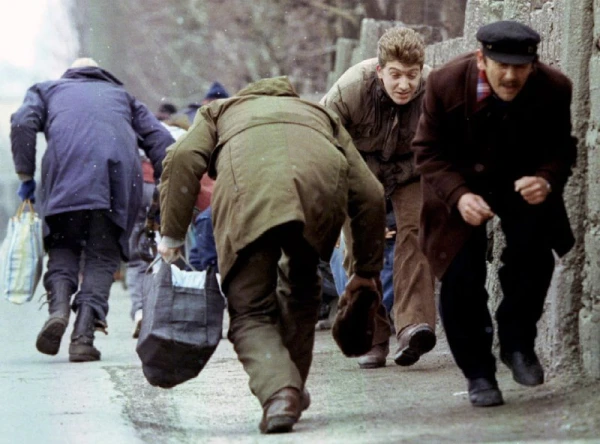
More than 11,000 people died in the city over 4 years.
Italian authorities have launched an investigation into reports of a "safari" on the residents of Sarajevo during the city's siege in the 1990s. More than 11,000 people died during the war there. It is believed that wealthy Europeans purchased tours for entertainment purposes.
The Milan prosecutor's office has begun investigating reports that groups of wealthy Europeans, including Italians, bought tours to Sarajevo to shoot at civilians during the four-year siege of the city in the 1990s, writes La Repubblica.
It is alleged that the "tourist snipers" paid an amount equivalent to modern-day €80,000 to €100,000 to soldiers of the army of Radovan Karadžić, the former leader of the Bosnian Serbs, who was convicted of war crimes by the International Tribunal in 2016 and sentenced to life imprisonment.
Sarajevo is located in a valley and surrounded by mountains, making it vulnerable to shelling. More than 10,000 people died as a result of constant shelling and sniper fire from 1992 to 1996. Snipers shot "at people in the streets, including children, indiscriminately, as if it were a video game or safari," the publication states.
The investigation was initiated following a complaint filed by Milan writer Ezio Gavazzini, who conducted his own investigation. Authorities are working to establish the identities of the suspects.
As noted by Il Giorno, there is a military intelligence document from 1994 confirming the existence of "horrific safaris" in Sarajevo. Additionally, former Sarajevo mayor Benjamina Karić has expressed her willingness to testify in this case. Back in 2022, she filed a lawsuit against unidentified individuals involved in these incidents.
On the same topic, a documentary titled "Sarajevo Safari" by director Miran Župančič was released in 2022. The Balkan Insight portal reports that at that time, veterans of the Serbian army and veterans' organizations from the Republic of Srpska "reacted sharply" to the film and called the claims "horrific lies."
The Bosnian War (1992–1995) began after the breakup of Yugoslavia, when Bosnian Serbs attempted to forcibly prevent the independence of Bosnia and Herzegovina. The siege of Sarajevo became a symbol of the conflict — a nearly four-year blockade of the city by Serbian forces, accompanied by constant shelling. A report by the International Criminal Tribunal for the former Yugoslavia (ICTY) stated that the city lived without water, electricity, and food, and its residents suffered from hunger and fear: about 11,000 people died during the siege, including more than 1,500 children. The war ended with the signing of the Dayton Accords, which established the existence of Bosnia and Herzegovina as a unified but divided state.
The writer claims that such tours were purchased by "Germans, French, English — people from all Western countries who paid large sums to be sent there to shoot at civilians." "There were no political or religious motives. These were wealthy people who came there for entertainment and personal satisfaction," he emphasized.
